AHEAD OF THE ELECTIONS
The “dream” of the fathers, interrupted by the sons, is today in the hands of their grandchildren

Little or nothing will be left of the politics, the economy and the society of a EU Member Country that is not knowledgeable of Community institutions and the ways in which they function: the claim was made by three youths of the Erasmus program from Italy, Poland and Germany during a forum on “Social Briefings”, held past March. Their awareness is not widespread.
After taking part in an international workshop on the EU, a young girl added: “I am now much more interested in European events and I reflect on politics in general. I am under the impression that I am not alone: increasing numbers of young people have started to reflect on many different themes, notably environmental protection.”
The “Fridays for Future” initiative of March 15 held in 1 769 places worldwide confirmed her “impression”.
The three Erasmus students – Tommaso Sacconi, Kinga Senczyk, and Anna Maria Bindi – are aware of the difficulties linked to Community integration process and call for a reconsideration. However, distancing himself from Euroscepticism and Europessimism, one of them wrote: “Mutual communication, enrichment and understanding occasionally lead me to conclude that my generation is building the European Union at grassroots level, that exchanges experienced in European universities help us understand that we form part of the same civilization.”
The three participants in the “Social Briefings” forum thus addressed the theme of communication pointing out that despite the efforts of the institutional communication system, the EU is unknown.
In other words the EU is viewed as something that remains aloof, remote, to the point of being hostile to the life of European citizens that in most cases are content with sensational headlines, clichés, and cheap jokes.
In fact, rather than a right, information & knowledge should be a duty.
A question of responsibility… Young people respond with a twofold path: one that brings them into European cities and one that leads them into the common European home.
Erasmus, schools, universities, European Voluntary Service on the one side, and digital technology on the other, are essential paths to understand, evaluate and decide.
Twenty-year-olds with worn-out shoes, laptop keys and social media platforms are still few but they are bound to increase because they have a clear idea of Europe’s future.
There emerges the need to make a fresh start from grassroots level to build a European Union rooted in the “dreams of the fathers” and of the grandfathers, with strong branches to sustain “the dreams of the grandchildren.”